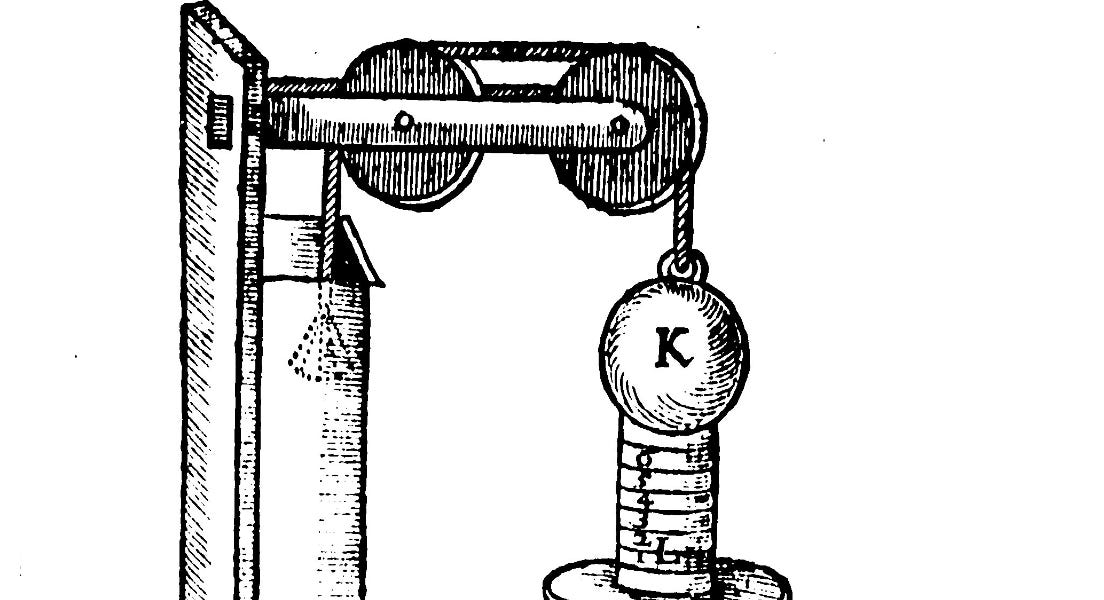innovation
The Google AI team is in such a tough place: the targets will keep moving as their competitors advance. Any launch will hurt the brand that doesn’t live up to expectations which are rising. Throwing thousands of engineers to accelerate typically will slow things down. It’d be almost better to acknowledge they’re behind, take the short term hit,... See more
Suhailx.cominteresting thought on what Google should do as OpenAI and other competitors continue to lead. Go slow to go fast. Classic innovators Dilemma.


Our research shows that leaders at genuinely innovative companies consciously avoid that trap by deliberately seeking and spending time with people we call innovation catalysts: individuals who have a knack for cultivating networks that combine a sense of community and a diversity of perspectives.
That right there is the recipe for genuine innovation:
- Embrace uncertainty and the fact one doesn’t know the future.
- Understand that people are inventing things — and not just technologies, but also use cases — constantly.
- Remember that the art comes in editing after the invention, not before.
Stratechery by Ben Thompson • Stratechery by Ben Thompson

The answer, I think, is what it almost always is: that inventors are simply extremely rare. People can have all the incentives, all the materials, all the mechanical skills, and even all the right general notions of how things work. As we’ve seen, even Savery himself was apparently inspired by the same ancient experiment as everyone else who worked... See more
Anton Howes • Age of Invention: Why wasn't the Steam Engine Invented Earlier? Part III

Age of Invention: Why wasn't the Steam Engine Invented Earlier? Part III
Anton Howesantonhowes.substack.com